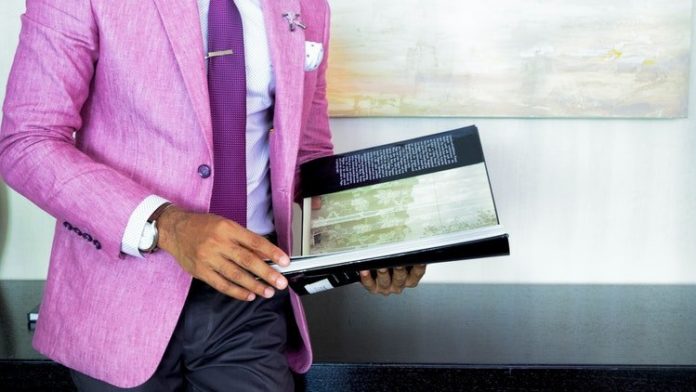
I met my now-husband in 1996 at a time when I never imagined we would be able to get married in the same sense that heterosexual couples do. After the U.S. Supreme Court decision in Obergefell v. Hodges, in 2015 — and a 19-year courtship — we exchanged vows on a mountaintop in Mont-Tremblant, Quebec, in Canada. At that time, we still couldn’t legally marry in our home state of Georgia.
When we adopted our first child in 2011, the State of Georgia did not allow us to adopt him as a couple. We each had to adopt him individually, and separately. Today, and together with my husband and two sons, I live in a neighborhood with no other families with same-sex parents. We proudly fly our rainbow flag in front of our home each June in celebration of Pride Month and how far we’ve personally come, with the support and love of our neighbors and community.
Beyond the fight for civil rights, many members of the LGBTQIA+ community fight for a sense of belonging every day, sometimes at the expense of their own identity. For me, despite graduating at the top of my class from Vanderbilt Law School in 1994, I found myself struggling to secure a job with a law firm in Nashville. I got plenty of interviews from my resume, but never landed an offer. Then, I received some advice and a dose of then-reality from the director of career placement at the school. “I think it’s your voice,” she said. She set me up with a voice coach who told me that no one would ever take me seriously as an attorney, because I sounded like a 10-year-old girl from Mississippi. Also, I should keep my hands in my lap, as I was too expressive with my hand gestures. In other words, “Don’t be so gay.” It worked. I landed a job with a high-powered law firm in Washington, D.C., a few weeks later. That was the reality then. Ironically, I had to hide my genuine self to have a fair chance at proving myself. And this was for a job. For many in the LGBTQIA+ community in the past and even today, it’s for the sake of safety and survival.
You shouldn’t have to change your voice, the way you dress, or who you are. Be proud of it. As we come together as a community with our allies, we can continue to drive change for equality. Like many social issues, problems won’t solve themselves overnight. They’re complex and systemic. It takes time, effort, support, and often sacrifice.
While I am not oblivious to the issues that still exist, I am encouraged by the progress we’ve made. As a storyteller, I value representing all spectrums of humanity, and I want to provide an environment that celebrates individuality.
While many Pride celebrations around the world this year will again be virtual, nobody’s going to rain on our parade. Although we miss the palpable energy of in-person events, the meaning of Pride resonates strongly through the real experiences within our community and how we tell our stories. Pride is about self-respect, celebrating who we are as individuals, and recognizing the hard-fought battles for inclusion and equality.
Even amid the legal maneuverings trying to “other” us in ways that attack our civil liberties, we have the choice and empowerment to stand united in pride and show our support for each other.
Rick McMurty is Senior Vice President, Business Affairs & Associate General Counsel at Warner Media.








